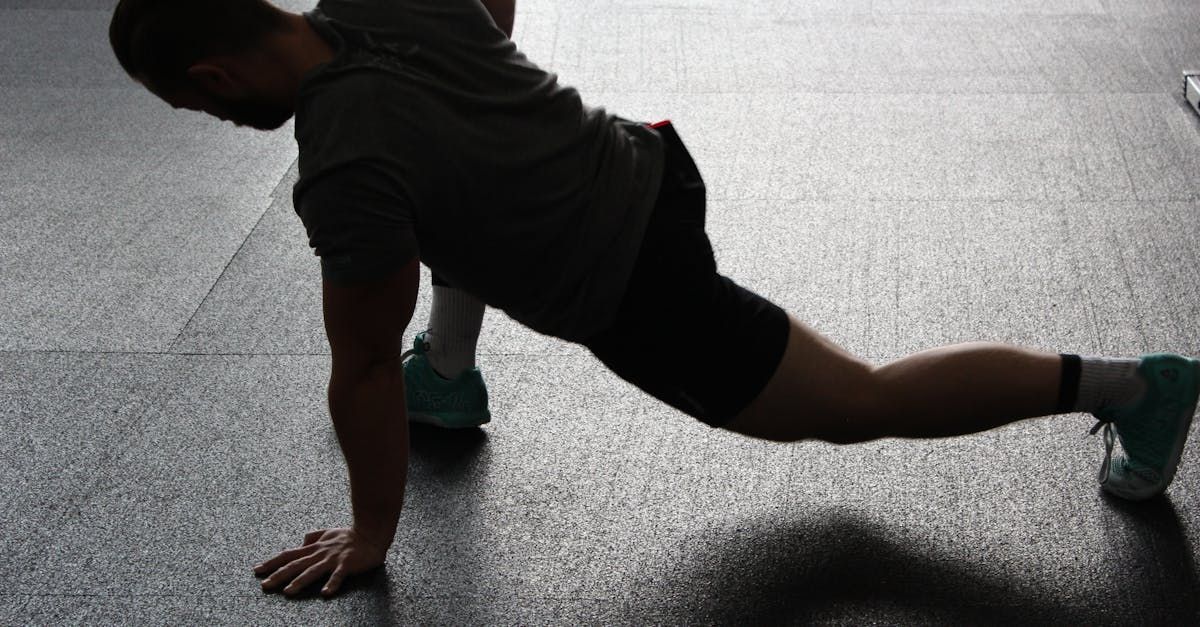Our Bodies Were Made to Move!
Regular physical activity is not just about getting fit—it’s about enhancing every aspect of our well-being. In today's fast-paced world, it's easy to forget that our bodies are designed for movement. Whether it's walking, dancing, stretching, or engaging in a structured exercise routine, regular physical activity plays a crucial role in maintaining our overall health and well-being. Let's explore the myriad benefits of staying active and why it's essential to incorporate movement into our daily lives.

Boosts Mood
One of the most immediate and noticeable benefits of exercise is its positive impact on mood. Physical activity stimulates the release of endorphins, often referred to as the "feel-good" hormones. These endorphins act as natural painkillers and mood elevators, helping to reduce feelings of stress, anxiety, and depression. Studies have shown that regular exercise can be as effective as medication for some people in treating depression and anxiety. Moreover, engaging in physical activity provides a sense of accomplishment and can serve as a healthy distraction from daily worries.
Supports Gut Health
Our digestive system greatly benefits from regular movement. Exercise helps stimulate intestinal contractions, which can aid in promoting regular bowel movements and reducing the risk of constipation. Furthermore, physical activity has been shown to positively influence the gut microbiome—the community of microorganisms living in our intestines. A healthy, balanced gut microbiome is linked to better digestion, improved immune function, and even enhanced mental health.
Regulates Blood Sugar
Maintaining stable blood sugar levels is crucial for overall health, especially for those at risk of or living with diabetes. Physical activity enhances insulin sensitivity, meaning your body becomes more efficient at using insulin to lower blood sugar levels. This effect can help prevent spikes and crashes in blood sugar, leading to more stable energy levels and reducing the risk of developing type 2 diabetes. Even moderate-intensity activities like brisk walking can significantly improve blood sugar regulation.
Balances Hormones
Hormonal balance is vital for numerous bodily functions, from mood regulation to metabolism. Exercise helps reduce levels of cortisol, the body's primary stress hormone. High cortisol levels over time can lead to various health issues, including weight gain, high blood pressure, and disrupted sleep. Regular physical activity also boosts the production of serotonin and dopamine, hormones that play key roles in mood and happiness. Additionally, exercise can help regulate hormones involved in appetite control, such as ghrelin and leptin, supporting better eating habits and weight management.
Lowers Blood Pressure
Cardiovascular exercise, such as running, swimming, or cycling, strengthens the heart muscle, enabling it to pump blood more efficiently. This improved efficiency reduces the force on your arteries, lowering blood pressure. Consistent physical activity can help prevent hypertension (high blood pressure) and reduce the risk of heart disease and stroke. Even activities like yoga and tai chi, which emphasize relaxation and deep breathing, can contribute to lower blood pressure by promoting relaxation and reducing stress.
Enhances Sleep Quality
Struggling with sleep? Incorporating regular exercise into your routine can significantly improve your sleep quality. Physical activity helps regulate your body's internal clock, also known as the circadian rhythm, making it easier to fall asleep and stay asleep throughout the night. Exercise increases the amount of time spent in deep sleep, the most physically restorative sleep phase. It also helps reduce symptoms of insomnia and sleep apnea. Just be mindful of the timing; exercising too close to bedtime might energize you too much, so try to finish workouts at least a few hours before you plan to sleep.
Increases Energy
It might seem counterintuitive, but expending energy through exercise actually increases your overall energy levels. Regular physical activity improves cardiovascular health by enhancing the efficiency of your heart, lungs, and muscles. This leads to better oxygen and nutrient delivery throughout your body, which in turn boosts your energy levels. People who exercise regularly often report feeling more energetic and less fatigued throughout the day, compared to those who are sedentary.
Supports Weight Management
One of the most well-known benefits of regular physical activity is its role in weight management. Exercise helps burn calories and build muscle, which increases your basal metabolic rate (the number of calories your body needs at rest). This means you'll burn more calories even when you're not exercising. Combining regular physical activity with a balanced diet is the most effective way to achieve and maintain a healthy weight. Additionally, exercise helps reduce visceral fat, the dangerous fat stored around your internal organs, lowering your risk of chronic diseases such as heart disease and type 2 diabetes.
Prevents Common Aches and Pains with Aging
Engaging in regular physical activity from a young age can set the foundation for a healthier, pain-free future. Exercise helps maintain flexibility, strength, and balance, which are crucial for preventing the common aches and pains that come with aging. Weight-bearing exercises, such as walking and strength training, help build and maintain bone density, reducing the risk of osteoporosis and fractures. Additionally, maintaining muscle strength and joint flexibility can prevent conditions like arthritis and back pain. By keeping your body strong and flexible, you can enjoy a higher quality of life and remain active and independent as you age.
Incorporating regular physical activity into your daily routine is one of the best things you can do for your overall health and well-being. From boosting your mood and balancing hormones to enhancing sleep and supporting gut health, the benefits of moving your body are vast and varied. Remember, it's not about how intense or long your workouts are; even small amounts of movement can make a significant difference. So find activities you enjoy—whether it's dancing, walking, gardening, or playing sports—and make movement a regular part of your life. Your body and mind will thank you!


